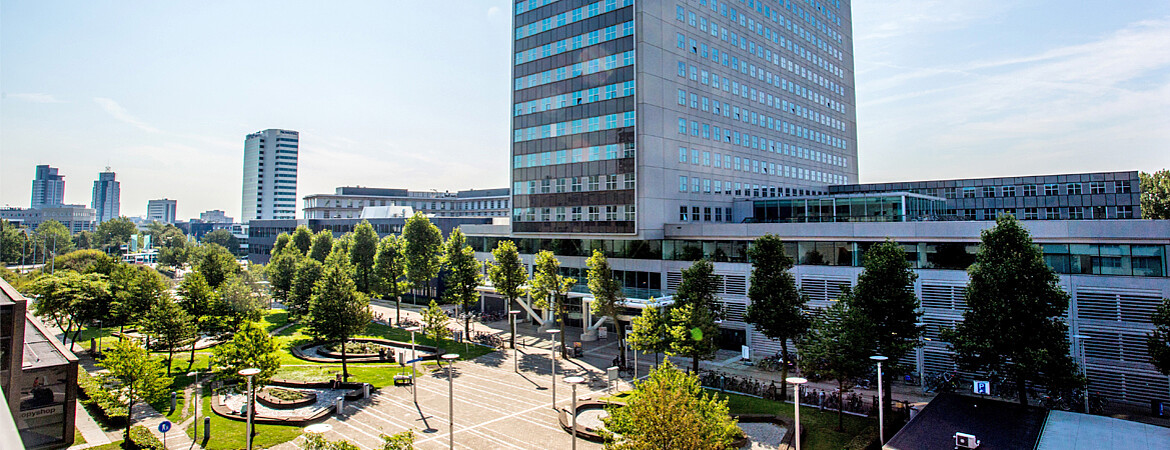S. (Sebastian) Freyhofer

PhD Track The evolutionary role of individual and group factors in organizational learning
Society is amid a pandemic that is threatening the way people relate with each other and the normal economic order. In evolutionary terms, it is facing an environmental pressure that is disrupting the known equilibria, pushing them to change habits and adopt new individual and organizational strategies to adjust to the new environment. Like under other historical circumstances, such as environmental changes and crises, some individuals and organizations are more exposed to be affected by these changes than others. But all of them can get benefit from having a better orientation towards learning, as it can improve their responses and likelihood to thrive under the new scenarios.
Learning has allowed species to survive environmental changes and increase their adaptation capacity by improving their evolutionary fitness. Learning also gives adaptability to long-lasting organizations that have sorted crises during their history (de Geus, 1997). There is a fertile line of research that has identified single factors that influence individuals' and organizations' learning. Still, not many have studied how individual and group factors interact at different levels to enhance the learning orientation process.
This research project aims to elaborate a multi-level theory of learning orientation based on the proposal and validation of the steps required for individuals and teams to learn, building this theory under evolutionary lenses.
The first building block of the theory is the individual level. By structuring how personal measures of intellectual humility (Alfano et al., 2017), theories of intelligence (Dweck, 1986), and resourcefulness (Rosenbaum, 1989) influence error orientation (Rybowiak et al., 1999), can be crucial to overcome individual biases, enhance the identification of learning opportunities and the adaption to challenging environmental factors. The second building block is the group level, which builds over the individual factors, but can also disrupt the learning process and its outcomes. To understand the effects of group dynamics in learning orientation, the project will structure how the social constructs of psychological safety (A. Edmondson, 1999), reflexivity (Schippers, Den Hartog, et al., 2007; West, 1996), and organizational theories of intelligence (Murphy & Dweck, 2010) correlate to the organizational learning orientation (Sinkula et al., 1997).
The research is divided into three studies: Study 1 is a systematic review that will synthesize the current knowledge of the main drivers of species and organisms to improve learning in nature, its role as an evolutionary fitness enhancer, and its application in the organizational context. Study 2 is a mixed-methods study that will build the framework of the process required to enhance learning at the individual level, by structuring the specific relationships and theoretical association between the constructs of theories of intelligence, intellectual humility, and resourcefulness in their correlation with error orientation and performance. Study 3 is a mixed-methods study to build the framework of the process required to enhance learning at a group level, by structuring the specific relationships between the constructs of reflexivity, psychological safety and theories of intelligence, and their correlation with organizational learning and performance.
This research will contribute to strengthening the understanding of the role of individual and organizational factors influencing learning and the interactions between them. Thus, in the future, organizations will be able to
identify and select areas to enhance learning, and later identify potential interventions to improve learning skills in their employees and work teams.
- Time frame
- 2019 -
Address
Burgemeester Oudlaan 50
3062 PA Rotterdam
Postbus 1738
3000 DR Rotterdam
Netherlands




